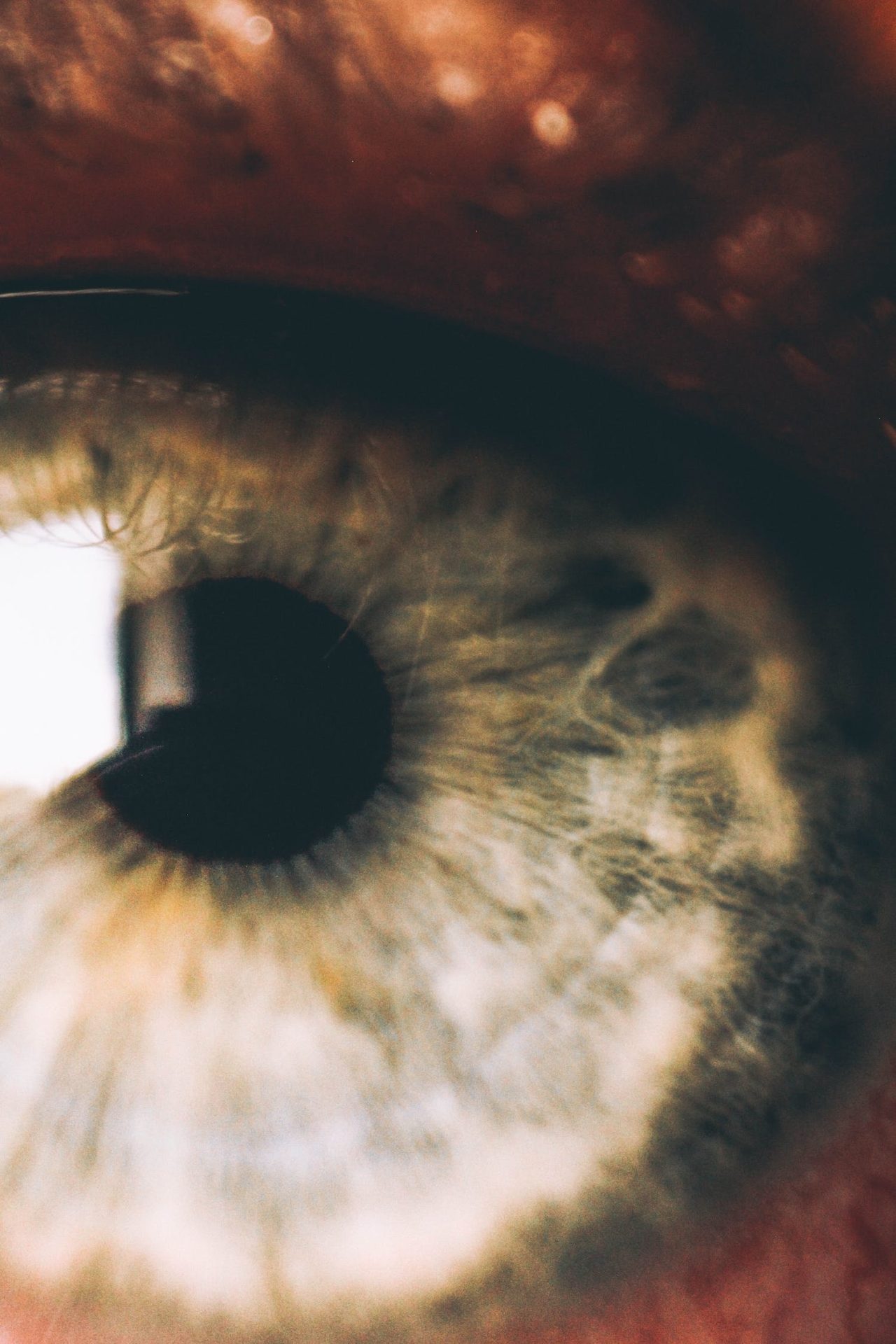Picture this: you are strolling down memory lane, revisiting a past saturated with vivid and colorful recollections – your first day at school, the exhilarating feeling of riding a bike for the first time, the aromatic scent of Grandma’s baking wafting from the kitchen, each memory etched into your mind as if it happened yesterday. But have you ever wondered how these memories are made? How does our brain, a sophisticated but abstract organ, store and retrieve these treasured moments with such accuracy and depth?
The Mechanics of Memory Formation
Memory, in its elementary form, is profoundly intricate, compelling, and impactful. It’s a symphony of interconnected processes where our brain transforms our experiences into long-lasting imprints. These imprints are our memories, the stitches in the fabric of our experiences and the cornerstone of our identity.
Encoding: Painting the Canvas of Experience
The process of creating memories begins with an act of ‘encoding’. In this step, our brain paints the canvas of our experiences. Encoding turns stimuli, our interaction with the world around us, into electrochemical signals that our brain comprehends. It’s this transformation that forms the basis of experiences from which memories are derived.
What carries out the encoding process?
The hippocampus, an essential part of every human brain, holds the primary role in the magic of encoding. It shapes these encounters into memories, acting like an expert sculptor chiseling raw marble to form exquisite artefacts.
Storage: The Treasure Chest of Recollections
After the memories are encoded, they journey to the next phase – storage. Think of this as a vast, endless library, preserving the delightful stories of your life. Whether long-term or short-term, every memory finds its shelf in this limitless warehouse. Importantly, the memories do not exist just as they were encoded; instead, our brain inherently categorizes and organizes them, making retrieval smoother.
Retrieval: The Repertoire of Past Echoes
Retrieval is the final stage of memory formation, in which we resurrect memories from the grips of the past. It’s like a surprise visit from an old friend. They may have been out of sight, but at the summons of a cue, memories can flood back, reinstating themselves from the depths of your mind to the forefront of your consciousness.
Frequently Asked Questions
Do memories ever get deleted?
Memories are surprisingly durable, but that doesn’t make them invincible. Much like a tapestry exposed to the ravages of time, memories can fade, distort, and even disappear, a concept expressed in the phenomenon of ‘memory decay’.
Can we improve our memory?
Absolutely! Various techniques exist to train your mind and help it retain information better. These include regular mental exercise, adopting a healthy lifestyle, staying socially active, and mastering the technique of ‘chunking’ and ‘repetition’.
A Question to Remember
As we delve into the recesses of the human mind, we find ourselves pondering the question – isn’t it fascinating how each memory, a snippet from the cinema reel of our life, shapes us and our perception of the world around us? And as we continue unlocking the mysteries of memory, we discover not only the world but ourselves. Together, let’s forge a journey towards understanding this profound gift – the phenomenon of memory!
“`
I hope you find this initiating a captivating exploration into your mind’s house of memories.

